History of rodeos: from the Minotaur to PBR in 8 Seconds?
I've worked down in Nebraska where the grass grows ten feet high,
Where the cattle are such rustlers, they hardly ever die;
I've worked up in the Sand Hills and down along the Platte
Where the punchers are good fellows and the cattle always fat.
from the song "The Texas Cowboy" - by Al Pease of Round Rock, Texas
Long ago . . . before Ak-Sar-Ben, before the Nebraska State Rodeo Association, before Nebraska’s BIG Rodeo (Burwell), before PBR (Professional Bull Riding) rodeos were not sporting events, but the horsemanship skills shown in rodeos today were, and still are, an integral part of cattle-ranching. Of course today’s modern rancher may use his pick up or a 4-wheeler to check on livestock, or ride fence lines; however, in the rugged backcountry of the plains, with its numerous narrow canyons and draws, there are still plenty of reasons for the rancher to saddle his stalwart steed and ride the brush. And the modern rodeo, with its splash of colors, events, family activities (many rodeos join with local fairs) and prizes, provides a venue for contemporary cowboys to show off their horseback riding prowess.
The rodeo stresses its western folk hero image and it being a genuinely American creation. But in fact it grew out of the practices of Spanish ranchers and their Mexican ranch hands (vaqueros – pronounced bah-kair-ohs). A mixture of cattle wrangling and bullfighting that dates back to the sixteenth-century conquistadors.
Bull riding originated with Mexican equestrian contests known as charreadas. Bull wrestling had been part of an ancient tradition throughout the early Mediterranean world including Spain. The Minoans of Crete practiced bull jumping, bull riding, and bull wrestling. “ Although bull riding has been around for a long time, it really became popular nationwide because of the 1994 film 8 Seconds which portrayed the life, and violent death, of cowboy legend Lane frost.
There probably wouldn’t be any steer wrestling at all in American rodeo were it not for a black cowboy from Texas named Bill Pickett who had his own unique method of bulldogging steers. He jumped from his horse to a steer’s back, bite its upper lip, and threw it to the ground by grabbing its horns. Which in later rodeo rules to present day you don’t have to bite the steer on the lip anymore. He performed at local central Texas fairs and rodeos and was discovered by an agent, who signed him on a tour of the West with his brothers. He received sensational national publicity with his bulldogging event at the 1904 Cheyenne Frontier Days. This brought him a contract with the famous 101 Ranch in Oklahoma and its traveling Wild West events, where he spent many years performing in the United States. Also the first woman bulldogger appeared in 1913, when the great champion trick and bronc rider and racer Tillie Baldwin entered the event.
World War I nearly killed rodeo because of the attendance during this time, but three men and two organizations brought it back to greater heights. Not in the West where it was born but in the big cities of Eastern Texas. Austin created the Madison Square Garden Rodeo in 1922. It immediately became the premier event. Becoming more publicized than the Cheyenne Frontier Days, its winners were recognized as the unofficial world champions. Following World War I,I the Professional Rodeo Cowboy Association (PRCA), took complete control of the sport. The Madison Square Garden rodeo discontinued and the PRCA established the National Finals Rodeo (NFR).
So the next time you attend a rodeo, you might take a moment to pause and reflect, between the hot dogs, and snowcones, on the rich history behind this fun-filled event. But don’t daydream too long, because you could miss something exciting in less than 8 seconds.
The blending and style of this article is the authors. However, all factual and specific data/photos for this article are credited to wikipedia.org/wiki/Rodeo.


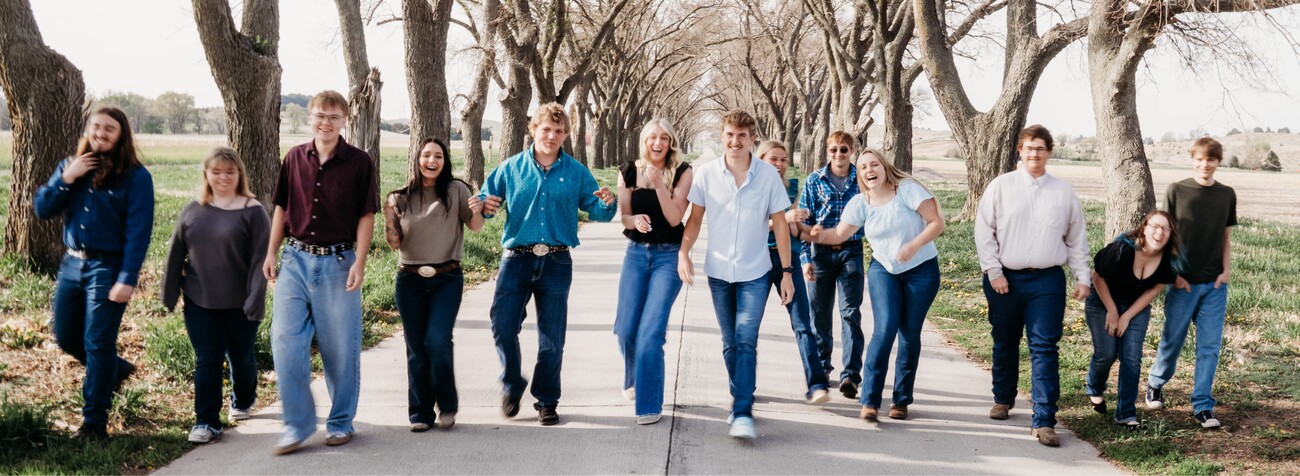
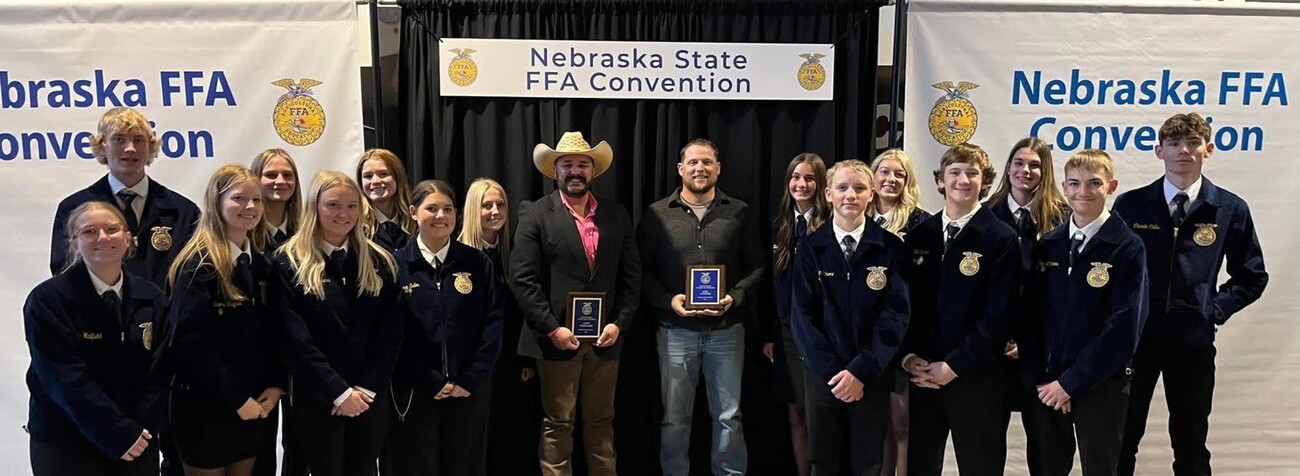
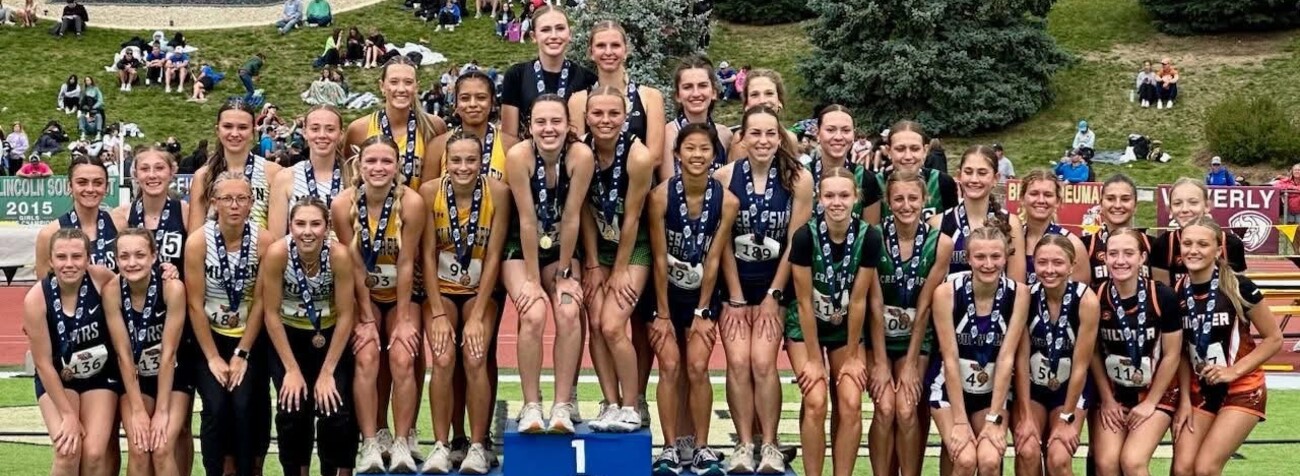
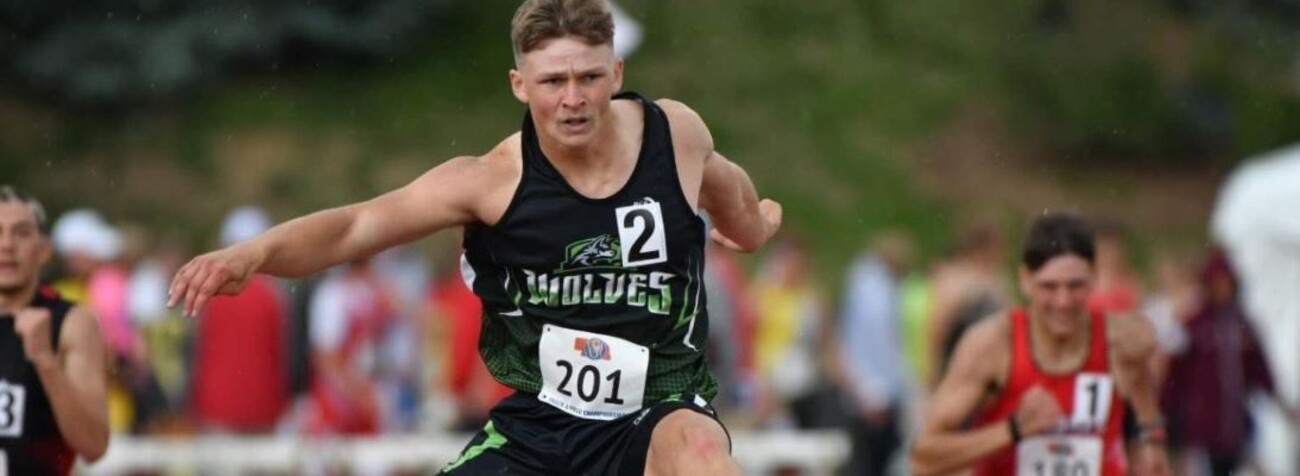
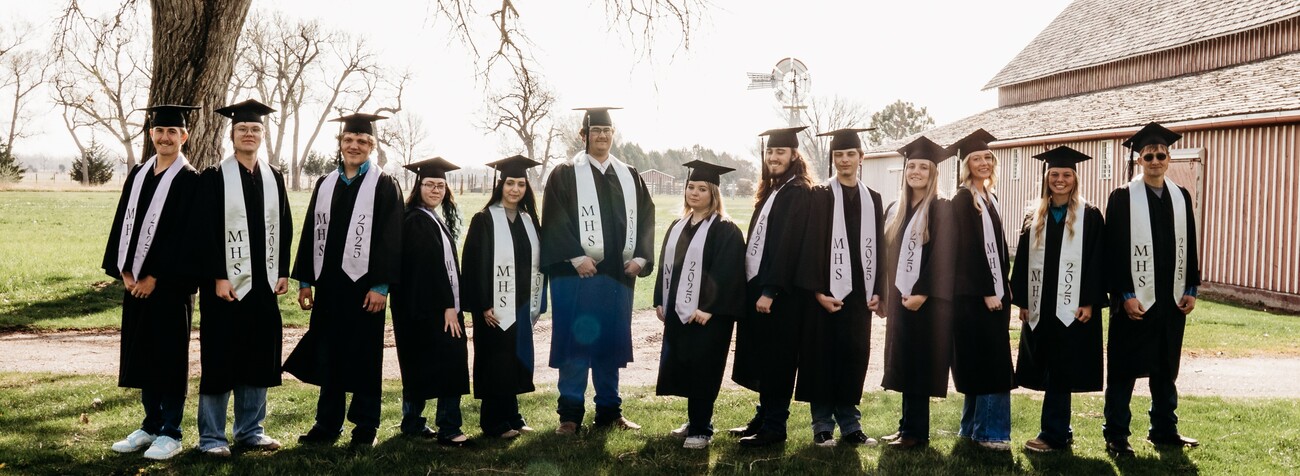
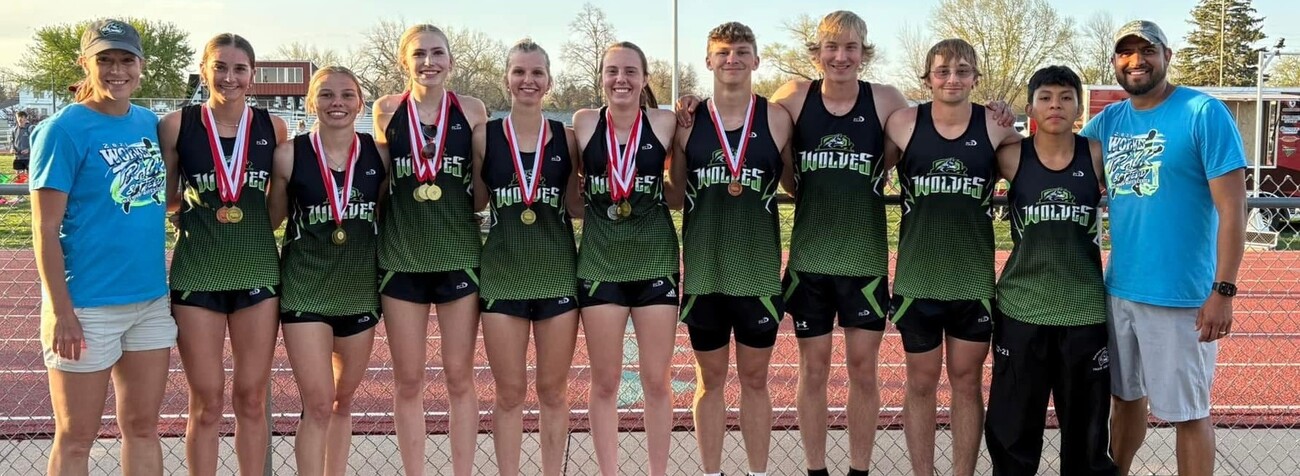

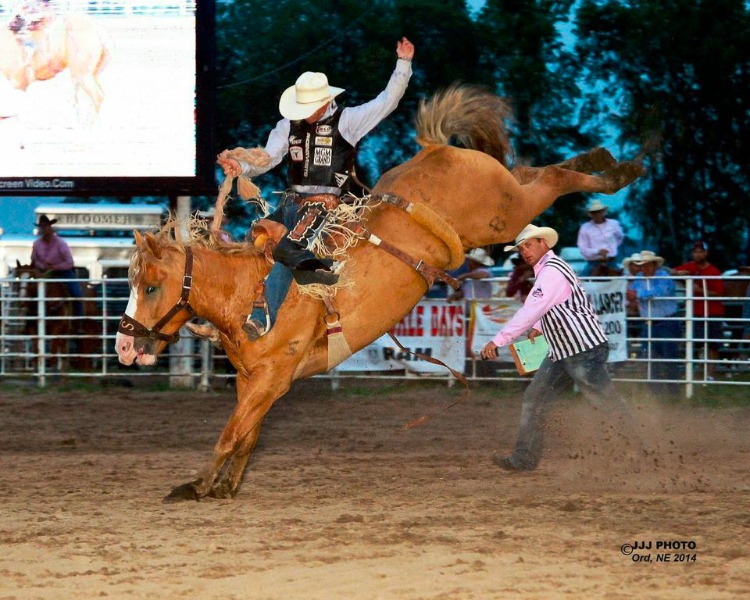 Launch the media gallery 1 player
Launch the media gallery 1 player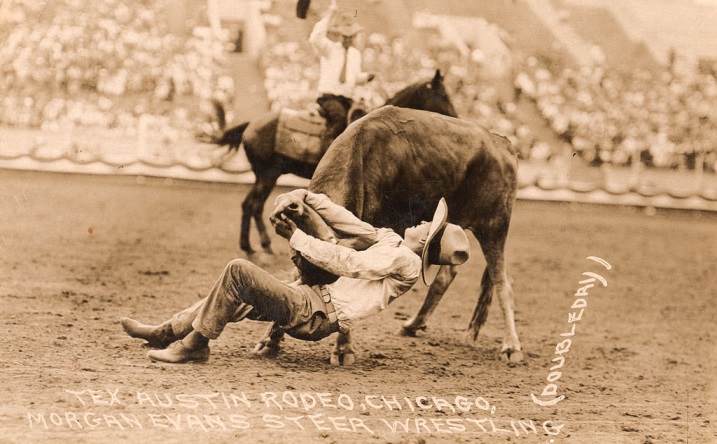 Launch the media gallery 2 player
Launch the media gallery 2 player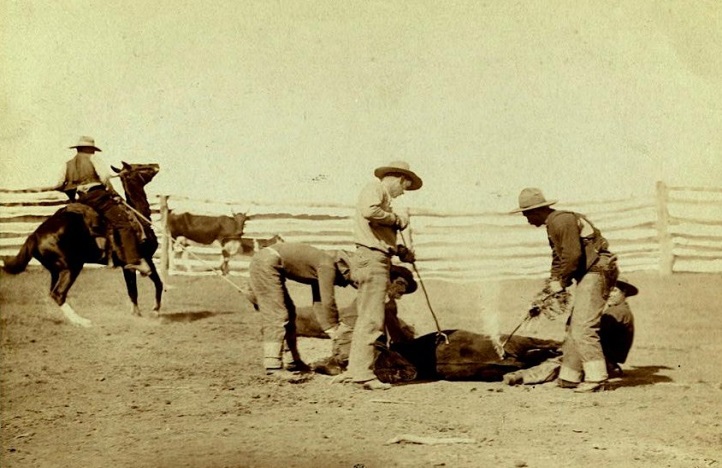 Launch the media gallery 3 player
Launch the media gallery 3 player.jpg)